UNI NOVA – Research Magazine of the University of Basel
-
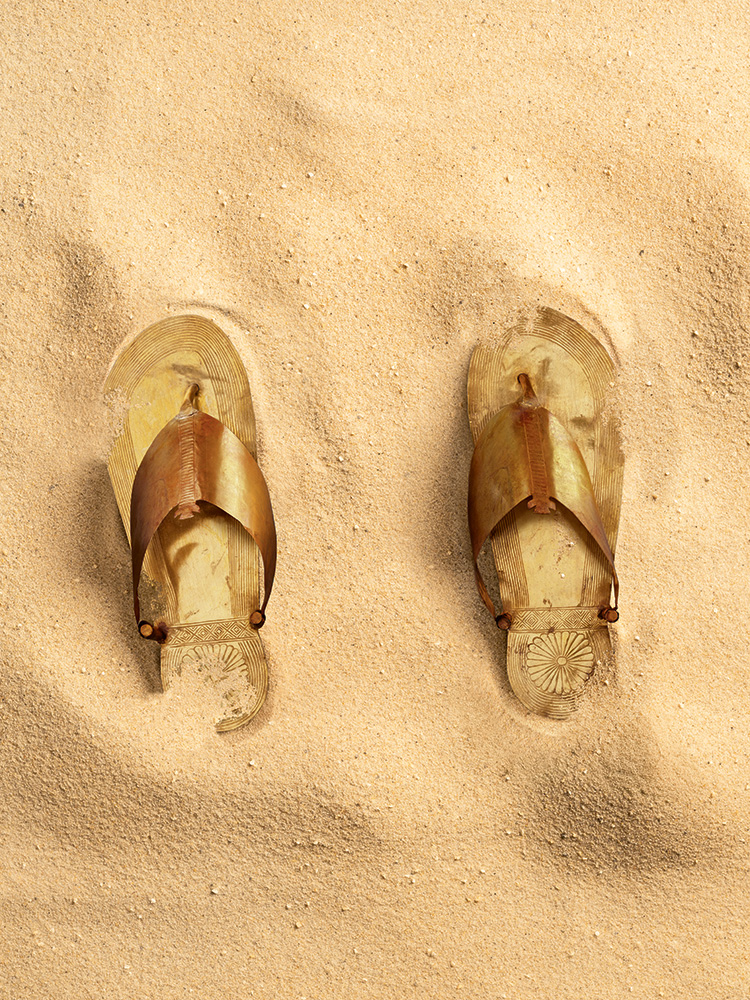 Dossier
DossierDeath is not the end.
Text: Christoph Dieffenbacher / Ancient Egyptian religion and culture were informed by the concepts of demise and renewal. Rituals provided stability and security in times of upheaval, for example at the end of life.
-
 In pictures
In picturesHidden water flow paths.
Text: Noëmi Kern / Rain seeps into the ground and becomes part of the groundwater before reemerging from springs at different locations. Which subterranean pathways does the water follow? How long does it remain underground? And how does that affect its quality?
-
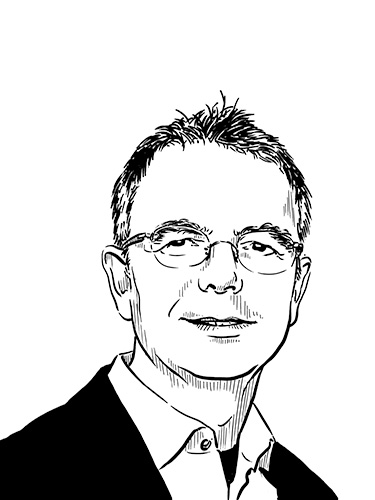 Opinion
OpinionIs old age something worth striving for, Stefan Felder?
Text: Stefan Felder, health economist / Everyone hopes to live a long life. But how do we stay fit and healthy for as long as possible? What new questions arise as life expectancy increases? Answers from health economics.
-
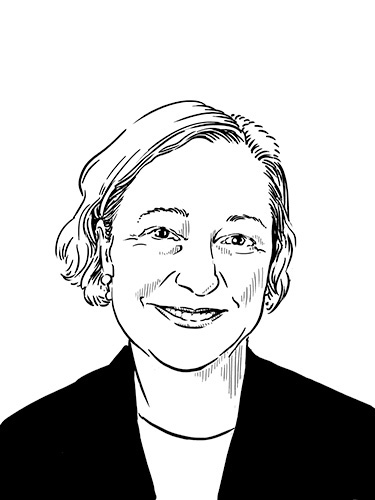 Opinion
OpinionIs old age something worth striving for, Heike Bischoff-Ferrari?
Text: Heike Bischoff-Ferrari, geriatrician / Everyone hopes to live a long life. But how do we stay fit and healthy for as long as possible? What new questions arise as life expectancy increases? Answers from geriatric medicine.
-
 Portrait
PortraitIn search of a more sustainable chemistry.
Text: Yvonne Vahlensieck / Catalysts speed up chemical reactions and are essential for industry; but there is still some room for improvement. Murielle Delley wants to make catalysts more efficient and more sustainable.
-
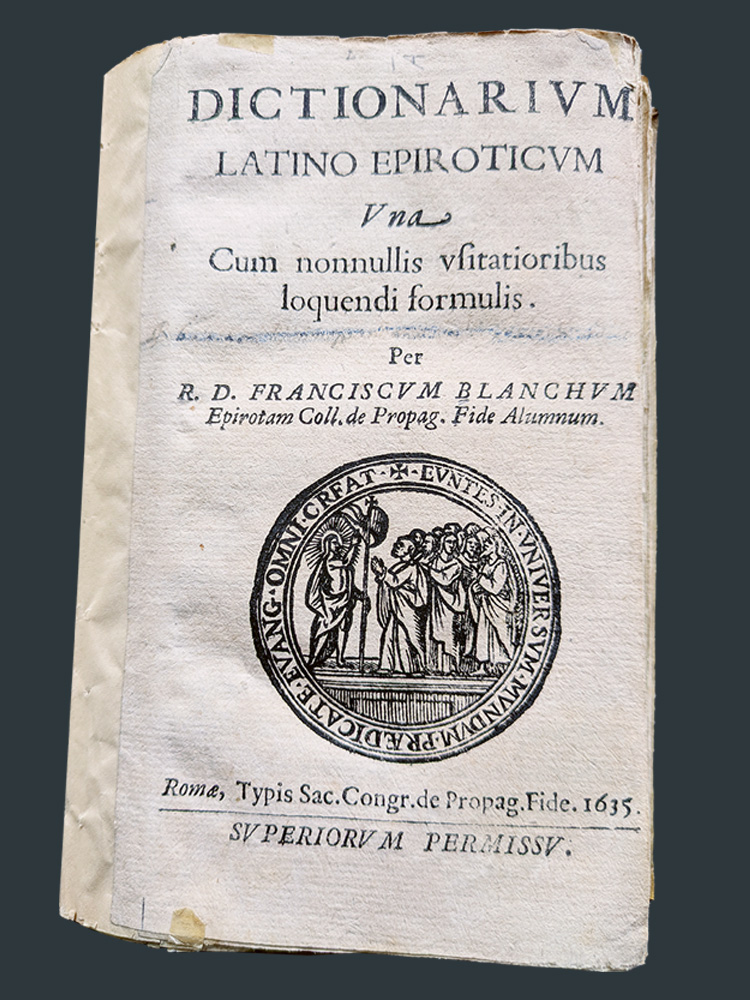 Research
ResearchLinguistic detective work.
Text: Noëmi Kern / Until now, the history of Old Albanian has remained a mystery. A project at the University of Basel aims to change that. The search for linguistic clues also offers insights into social and cultural developments.
-
 Research
ResearchHelp in a technological no-man’s land.
Text: Santina Russo / Neural implants improve the lives of many — until the manufacturers stop providing support for their own technology. A researcher in medical ethics from the University of Basel is investigating the previously underestimated phenomenon of “neuroabandonment.”
-
 Research
ResearchChemistry between the stars.
Text: Angelika Jacobs / Astrochemist Jutta Toscano studies how molecules react with one another in the coldest and darkest regions of space. Her aim: to better understand the nature of the universe.
-
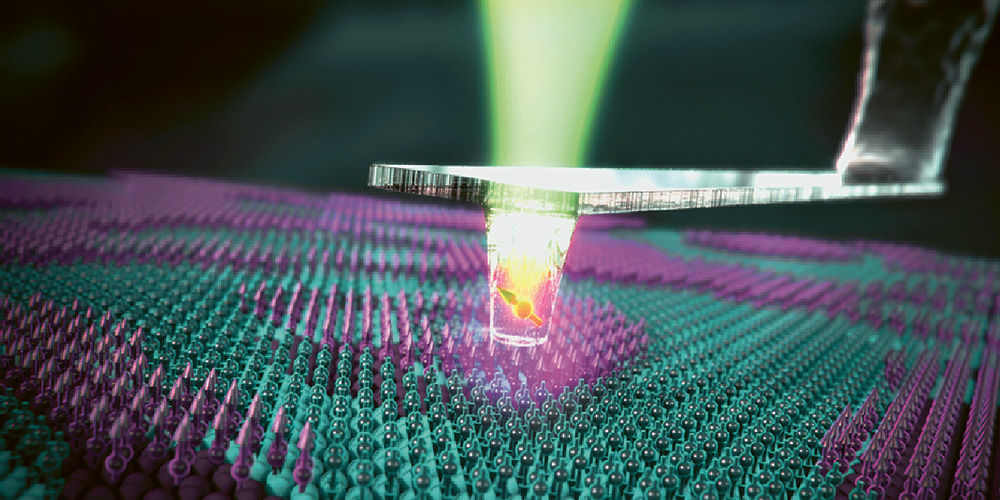 Research
ResearchA diamond as a quantum sensor.
Text: Andreas Lorenz-Meyer / With a high-precision quantum sensor, the Basel-based startup Qnami is opening up new insights into matter and computer chips — and therefore opportunities for the computers of the future.
- zur ersten Seite
- 1
- 2
- 3
- ...
- 51
